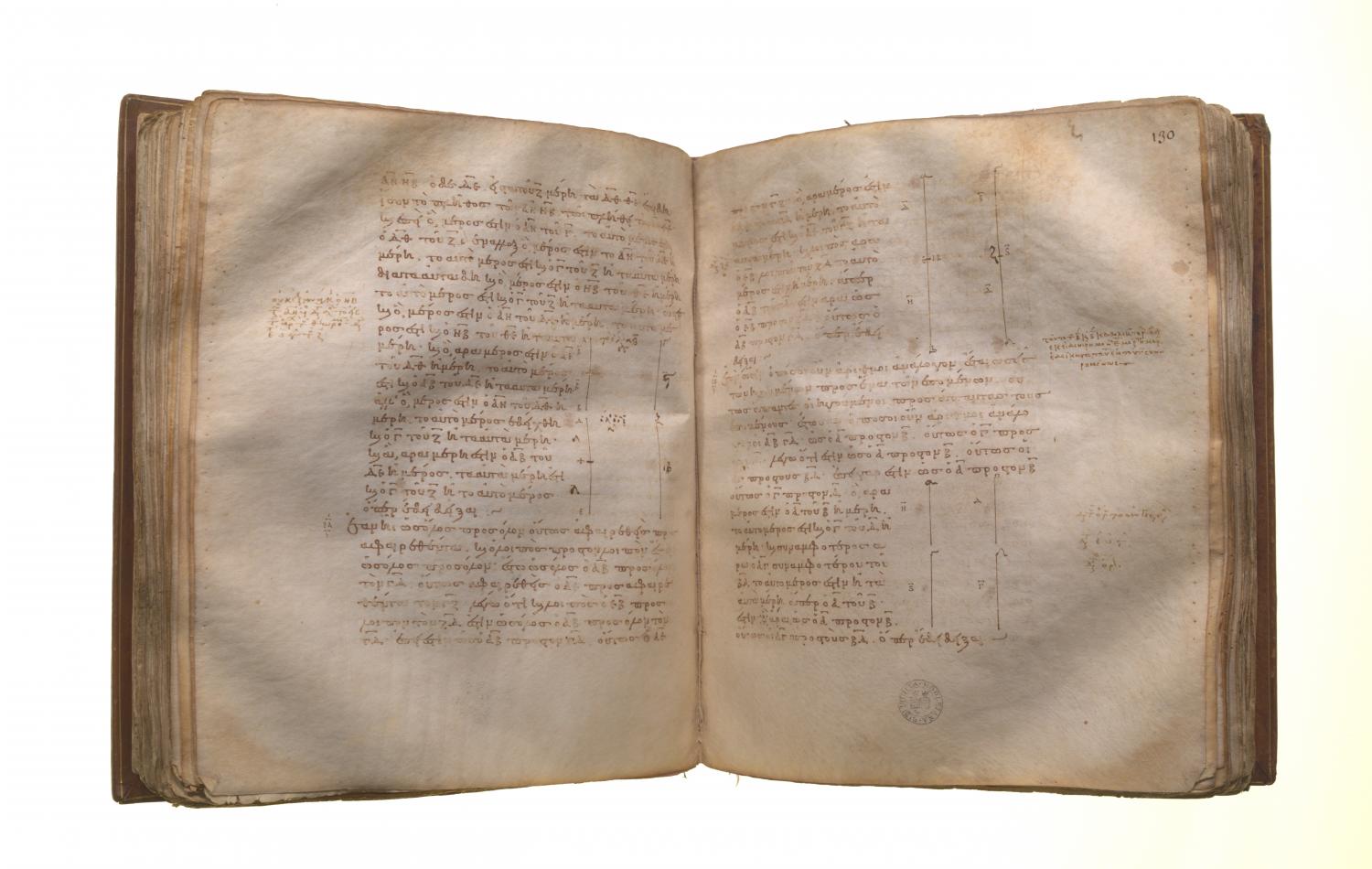Translations
Ἐὰν ᾖ ὡς ὅλος πρὸς ὅλον, οὕτως ἀφαιρεθεὶς πρὸς ἀφαιρεθέντα, καὶ ὁ λοιπὸς πρὸς τὸν λοιπὸν ἔσται, ὡς ὅλος πρὸς ὅλον. Ἔστω ὡς ὅλος ὁ ΑΒ πρὸς ὅλον τὸν ΓΔ, οὕτως ἀφαιρεθεὶς ὁ ΑΕ πρὸς ἀφαιρεθέντα τὸν ΓΖ: λέγω, ὅτι καὶ λοιπὸς ὁ ΕΒ πρὸς λοιπὸν τὸν ΖΔ ἐστιν, ὡς ὅλος ὁ ΑΒ πρὸς ὅλον τὸν ΓΔ. Ἐπεί ἐστιν ὡς ὁ ΑΒ πρὸς τὸν ΓΔ, οὕτως ὁ ΑΕ πρὸς τὸν ΓΖ, ὃ ἄρα μέρος ἐστὶν ὁ ΑΒ τοῦ ΓΔ ἢ μέρη, τὸ αὐτὸ μέρος ἐστὶ καὶ ὁ ΑΕ τοῦ ΓΖ ἢ τὰ αὐτὰ μέρη. καὶ λοιπὸς ἄρα ὁ ΕΒ λοιποῦ τοῦ ΖΔ τὸ αὐτὸ μέρος ἐστὶν ἢ μέρη, ἅπερ ὁ ΑΒ τοῦ ΓΔ. ἔστιν ἄρα ὡς ὁ ΕΒ πρὸς τὸν ΖΔ, οὕτως ὁ ΑΒ πρὸς τὸν ΓΔ: ὅπερ ἔδει δεῖξαι.
If, as whole is to whole, so is a number subtracted to a number subtracted, the remainder will also be to the remainder as whole to whole. As the whole AB is to the whole CD, so let AE subtracted be to CF subtracted; I say that the remainder EB is also to the remainder FD as the whole AB to the whole CD. Since, as AB is to CD, so is AE to CF, whatever part or parts AB is of CD, the same part or the same parts is AE of CF also; [VII. Def. 20] Therefore also the remainder EB is the same part or parts of FD that AB is of CD. [VII. 7, 8]
